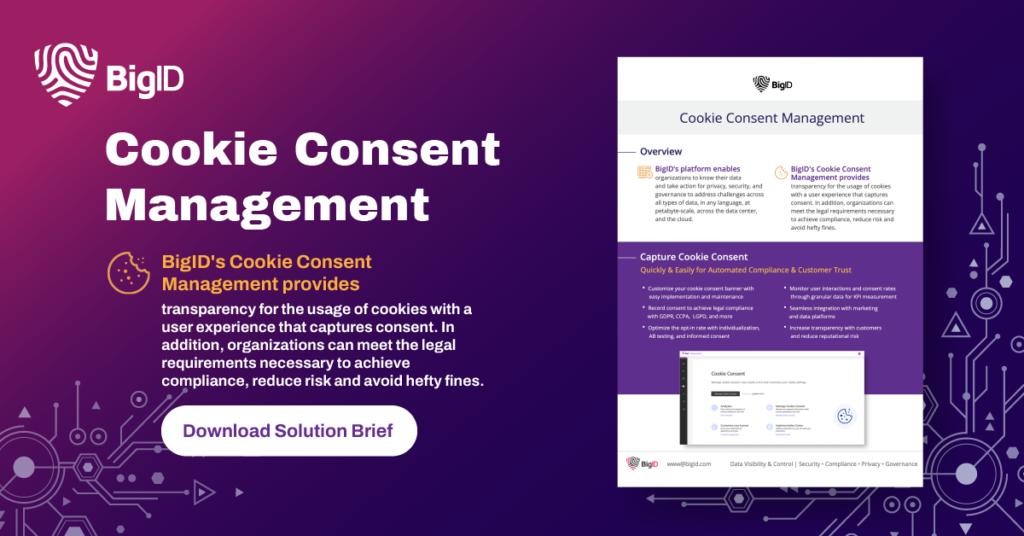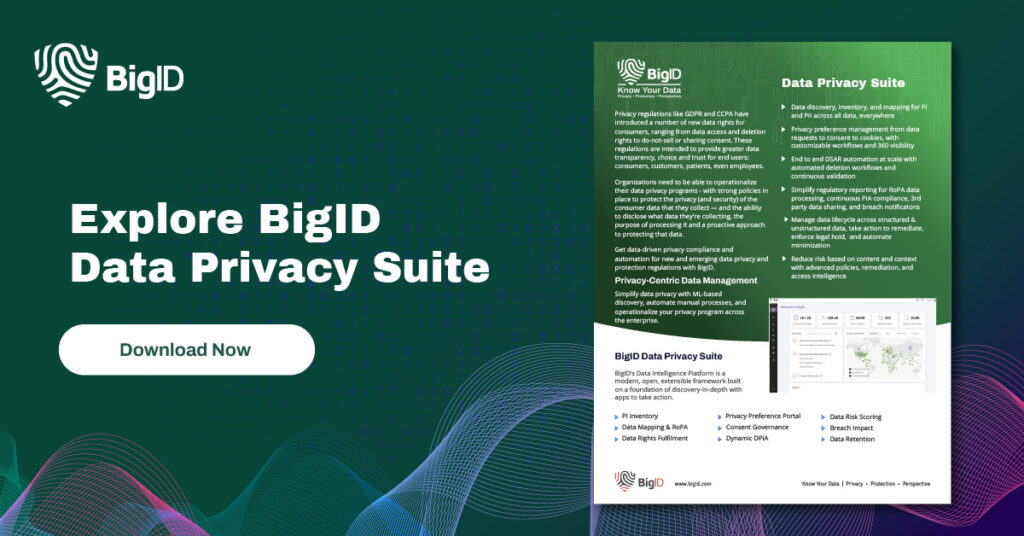What are persistent cookies?
Persistent cookies are small text files that are stored on a user’s computer or device by a website or web application, and they remain there even after the user has closed their web browser. These cookies are designed to “persist” or stay active for a longer period of time, typically to remember user preferences or provide personalized experiences during subsequent visits to the same website.
Persistent cookies are used to store information such as login credentials, language preferences, and browsing history. They allow websites to recognize returning users and remember their preferences, making the user experience more convenient and personalized. For example, if a user selects a preferred language on a website, a persistent cookie will remember this preference and automatically display the website in the same language during the user’s next visit.
It’s important to note that persistent cookies can raise privacy concerns as they can potentially be used to track a user’s online activities across different websites over an extended period of time. However, they are typically subject to strict privacy regulations and require user consent in many jurisdictions. Users can also control and manage persistent cookies through their web browser settings, including deleting them if desired.
Why is properly managing persistent cookies important?
- Compliance with Privacy Laws: Organizations must comply with applicable privacy laws and regulations, such as GDPR, CCPA, and other data protection laws, which require obtaining proper consent, providing transparent information, and ensuring appropriate data handling practices, including the use of persistent cookies.
- Protecting User Privacy: Proper management of persistent cookies helps protect the privacy of users by ensuring that their personal information, browsing history, and preferences are collected, used, and disclosed in a transparent and lawful manner, with their informed consent.
- Building Trust with Users: Transparently managing persistent cookies helps build trust with users, as it demonstrates the organization’s commitment to respecting their privacy rights, providing control over their data, and being responsible with their information. This can enhance user confidence, loyalty, and long-term relationships.
- Mitigating Legal and Reputational Risks: Organizations that improperly manage persistent cookies may face legal and reputational risks, including fines, penalties, lawsuits, and damage to their brand reputation. Proper management of persistent cookies can help mitigate such risks and maintain a positive image in the eyes of users and stakeholders.
- Enhancing Data Governance: Properly managing persistent cookies involves establishing clear policies and procedures for data collection, usage, and disclosure, which can help organizations improve their overall data governance practices and ensure compliance with applicable data protection regulations.
- Supporting Ethical Data Practices: Ethical data practices, including the responsible use of persistent cookies, are increasingly important to consumers, regulators, and the public. Properly managing persistent cookies aligns with ethical data practices and reflects an organization’s commitment to responsible data handling and privacy protection.
To comply with privacy laws, protect user privacy, build trust, mitigate legal and reputational risks— it’s crucial to implement proper management of persistent cookies. Especially for organizations striving to safeguard user privacy in today’s data-driven environment.
Persistent cookie example
An example of a persistent cookie is a “Remember Me” checkbox on a website’s login page. When a user checks the box, a persistent cookie is created and stored on the user’s device. This cookie allows the website to remember the user’s login information, such as username and password, even after they close the browser or restart their device. The next time the user visits the website, the persistent cookie automatically logs them in without requiring them to enter their credentials again, providing a seamless and convenient user experience. The persistent cookie remains on the user’s device until it expires or is manually deleted, and can be used for multiple sessions over an extended period of time, making it a persistent tracking mechanism for user authentication on the website.
Session cookies vs persistent cookies
Persistent cookies and session cookies are both types of cookies used by websites, but they differ in how long they remain active and their purpose.
Persistent cookies, as previously explained, are stored on a user’s computer or device and remain active even after the user has closed their web browser. They persist for a longer period of time, typically days, weeks, or even months, and are used to remember user preferences or provide personalized experiences during subsequent visits to the same website.
On the other hand, session cookies are temporary cookies that are stored on a user’s computer or device and are active only during a single browsing session. They are automatically deleted when the user closes their web browser. Session cookies are used to maintain information about a user’s current session on a website, such as login credentials, shopping cart items, or form data. Once the browsing session is closed, session cookies are typically deleted and do not persist beyond that particular session.

COPPA laws and the use of persistent cookies
COPPA (Children’s Online Privacy Protection Act) is a U.S. federal law that imposes certain requirements on website operators and online service providers in order to protect the privacy of children under the age of 13. COPPA applies to websites and online services that are directed towards children or have actual knowledge that they are collecting personal information from children.
When it comes to the use of persistent cookies, COPPA requires website operators to obtain verifiable parental consent before collecting, using, or disclosing personal information from children, including through the use of persistent cookies. Persistent cookies can potentially collect personal information, such as browsing history or preferences, which may be subject to COPPA requirements if they are used on websites or online services that are directed towards children.
Top privacy concerns of persistent cookies
- Tracking: Persistent cookies can potentially track a user’s online activities across different websites over an extended period of time, creating a detailed profile of the user’s browsing behavior.
- Profiling: Persistent cookies can be used to build profiles of users based on their browsing history, preferences, and behavior, which may raise concerns about privacy and surveillance.
- Data collection: Persistent cookies may collect various types of data, including personal information such as names, email addresses, and interests, which can raise privacy concerns if not handled appropriately.
- Consent and control: Users may have limited awareness or control over the use of persistent cookies, as they can remain active even after the user has closed their web browser. This can lead to concerns about consent, transparency, and control over the collection and use of personal information.
- Third-party tracking: Persistent cookies may be placed by third-party websites or advertisers, which can result in tracking across multiple websites and domains, potentially sharing user data with unknown parties.
- Security risks: Persistent cookies stored on a user’s device can be vulnerable to security breaches or unauthorized access, which may result in the exposure of personal information and other privacy risks.
- Compliance: The use of persistent cookies may raise concerns about compliance with privacy laws and regulations, such as COPPA, GDPR, and other applicable data protection laws, which require informed consent and appropriate safeguards for the collection and use of personal information.
It’s important for website operators and businesses to be aware of these privacy concerns associated with the use of persistent cookies and take appropriate measures to ensure transparency, consent, and security in accordance with applicable privacy laws and best practices.
Persistent cookies & consent
Obtaining Informed Consent: Organizations must obtain proper consent from users before using persistent cookies that collect and store their personal data. This includes providing transparent information about the purpose, category, and duration of the persistent cookies, as well as any third-party cookies that may be involved, in clear and understandable language.
- Active Opt-In: Consent for persistent cookies should be obtained through an active opt-in mechanism, where users take affirmative actions, such as checking a box or clicking a button, to indicate their consent. Pre-ticked boxes or implied consent are not considered valid forms of consent for persistent cookies.
- Granular Consent: Users should be given granular control over the types of persistent cookies they consent to, allowing them to choose which categories of cookies they wish to accept or reject. This includes providing options to allow or block specific types of cookies, such as analytics, advertising, or social media cookies.
- Withdrawal of Consent: Users must have the right to withdraw their consent for persistent cookies at any time, and organizations must provide clear and easy-to-use mechanisms for users to do so. Withdrawal of consent should be as simple as granting consent and should not result in any negative consequences for the users.
- Record-Keeping: Organizations must maintain records of user consent for persistent cookies, including the date, time, and method of obtaining consent, as well as the information provided to users at the time of consent. These records serve as evidence of compliance with consent requirements and may be subject to regulatory scrutiny.
- Renewing Consent: Organizations should regularly review and renew user consent for persistent cookies, as consent may expire or become outdated over time. Renewal of consent should follow the same principles of obtaining informed, active, and granular consent from users.
- Transparency and User Control: Organizations must provide users with transparent information about their persistent cookies, including their purpose, category, and duration, in a clear and understandable manner. Users should also have control over their cookie settings, with the ability to modify, delete, or manage their consent preferences at any time.
BigID’s Approach to Managing Persistent Cookies
BigID’s intuitive platform for privacy, security, and governance leverages advanced AI and machine learning technologies to automatically scan, identify, and classify sensitive personal information at scale. Quickly and easily automate transparency for the usage of cookies and capture consent to achieve compliance, reduce risk, and avoid legal penalties.
The Privacy Suite offers a variety of powerful tools to help your organization automate your compliance initiatives and strengthen consumer trust—all in one platform. View a consolidated view of consent across all systems and customize your cookie consent banner with simple implementation and minimal upkeep. BigID’s cookie consent management seamlessly integrates with your marketing and data platforms, allowing you to monitor user interactions and consent rates measured KPIs with ease.
To start automating your cookie consent and achieve compliance with other privacy regulations—schedule a 1:1 demo with BigID today.



